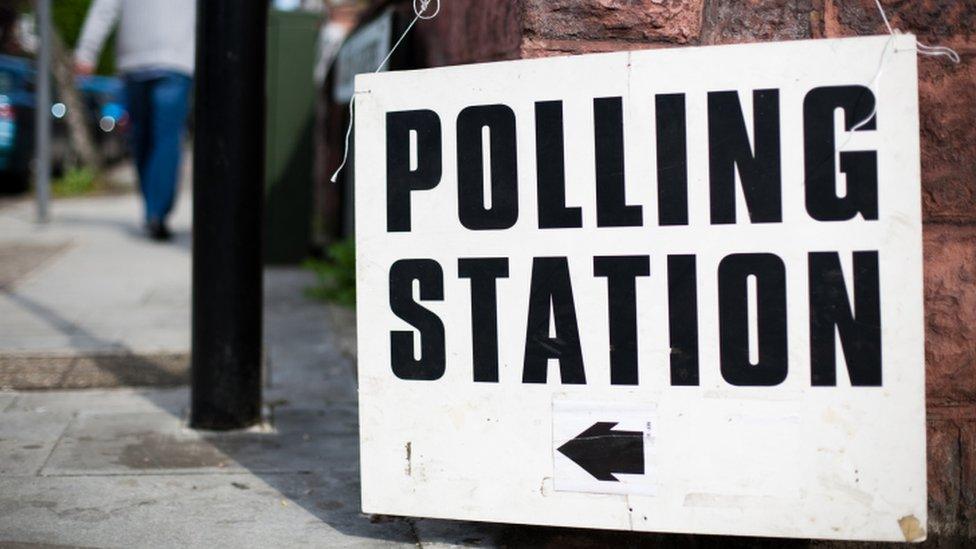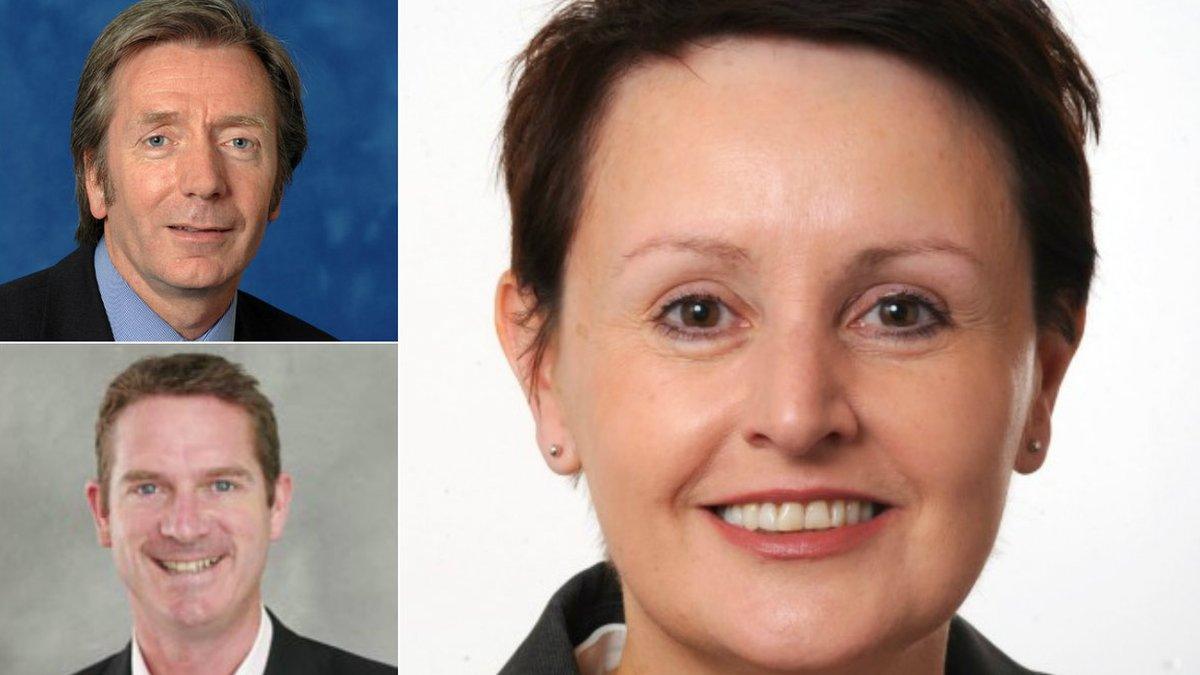Scottish election chief payouts inquiry begins
- Published

Returning Officers are responsible for ensuring elections are administered effectively in their constituencies
A Holyrood inquiry to examine the system that gives highly-paid council chief executives extra payments for running elections has begun.
The local government committee is responding to public concern about the fees.
The chief executive of Glasgow City Council received a total of £54,349 for overseeing the 2016 Scottish election and the EU referendum.
Other senior local authority chiefs were given similar sums of money.
This is in addition to their annual salaries - with approximately £160,000 being paid to Glasgow's chief executive and £165,000 to Edinburgh's top official.
The Scottish Parliament's local government committee convener, Bob Doris, wants to see if the system needs reform.
Mr Doris said: "The committee's heard that, in the last couple of years alone, £1m of additional payments has been made.
"So we'll need to get additional information why those payments have been made, whether they're justified, what work's entailed to justify those payments and to dig beneath it and find out if they're appropriate for future elections or not."
The payments are often shared with deputies or junior staff and some returning officers donate some of the money to charity.
A familiar face at big electoral events is Mary Pitcaithly, chairwoman of the Electoral Management Board for Scotland.
She announced the result of the 2014 Scottish independence referendum and the result for the EU referendum north of the border.
Speaking to BBC Scotland, Ms Pitcaithly said: "It would be appropriate if people are concerned about the level of remuneration for there to be some objective review and we're entirely content for that to happen.
"But it would be wholly inconsistent with practice elsewhere if duties of the scale and the degree of responsibility and the civic importance of the returning officer role were to be not remunerated at all."
Jonathon Shafi, the Electoral Reform Society Scotland campaigns organiser, gave evidence to the committee.
The society's Scottish director Willie Sullivan said: "I think if anybody looks at even what chief executives of local authorities get paid - and then look at this additional money put on it - they'll say there's something not working in the system when some people are able to get that money out of it."
He added: "I think there's a root and branch look needed at why this system is throwing up these morbid symptoms of inequality in rewarding some people huge amounts more than what ordinary people get paid."
However, Mr Sullivan does recognise the role returning officers play.


What is a returning officer?
Returning Officers are responsible for ensuring that elections are administered effectively in their constituencies.
They are personally liable for the conduct of polls and could face court action if they breach their official duty.
As well as providing polling stations, managing the postal voting process, verifying and counting votes, they must declare the result.
Find more information on the Electoral Commission's website, external.

There are more electoral events in Scotland particularly and the returning officers are personally liable for the conduct of the poll - with fines of up to £5,000.
There is also increased scrutiny and social media pressure. There were unfounded allegations of malpractice at the 2014 Scottish independence referendum.
Academic Dr Toby James from the University of East Anglia has been speaking to returning officers across the UK for his research.
He also evidence to MSPs and he said it was "understandable" that there was wide-spread public concern at the system when the public was going through austerity.
Dr James added: "If they are receiving money which is over and above what they need then clearly there is an opportunity here for funds to be cut back.
"But the context is also that actually lots of electoral services up and down Scotland and the whole of the UK are actually very much under-resourced. So, some of these funds could actually be used and diverted for that task."
The committee will consider all the evidence before deciding on their next steps.
Committee members enter difficult territory if they want to make recommendations with over-lapping spheres of influence - as the Scottish government controls Scottish elections, while the UK government is in charge of UK-wide polls.
To add to the confusion, the returning officers are actually employed by the local authorities - so pushing through any change will need a great deal of co-operation.
- Published5 May 2016
